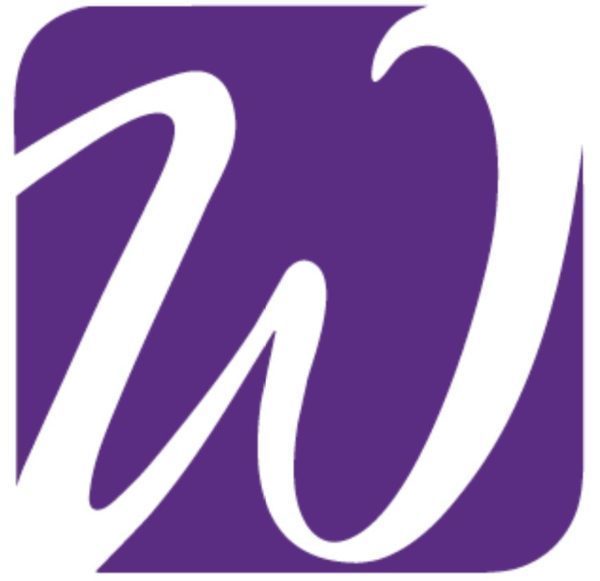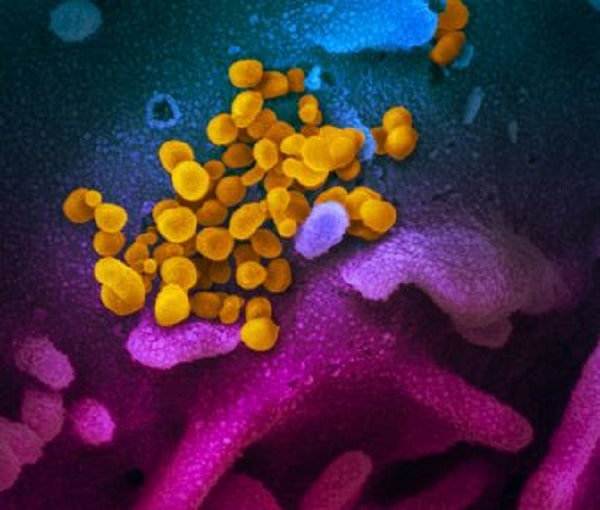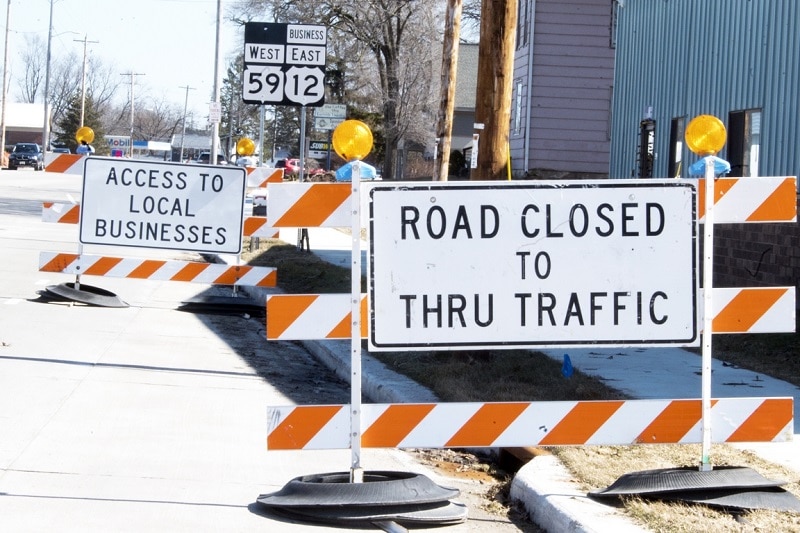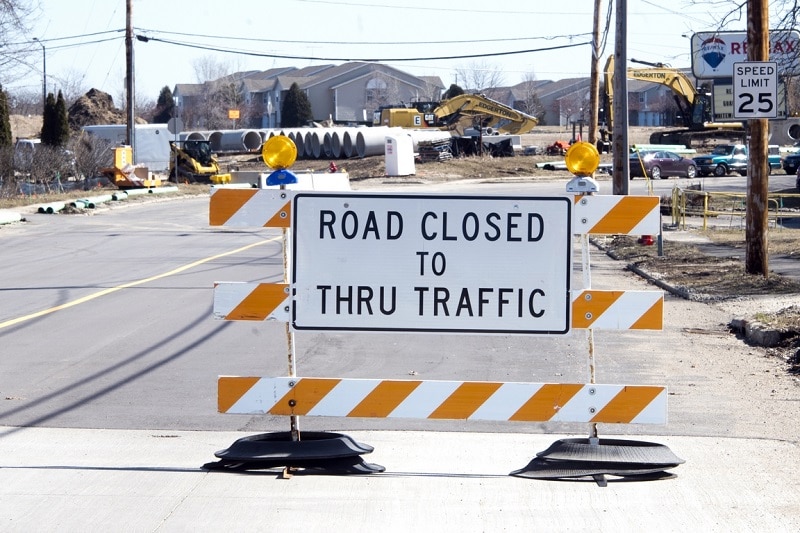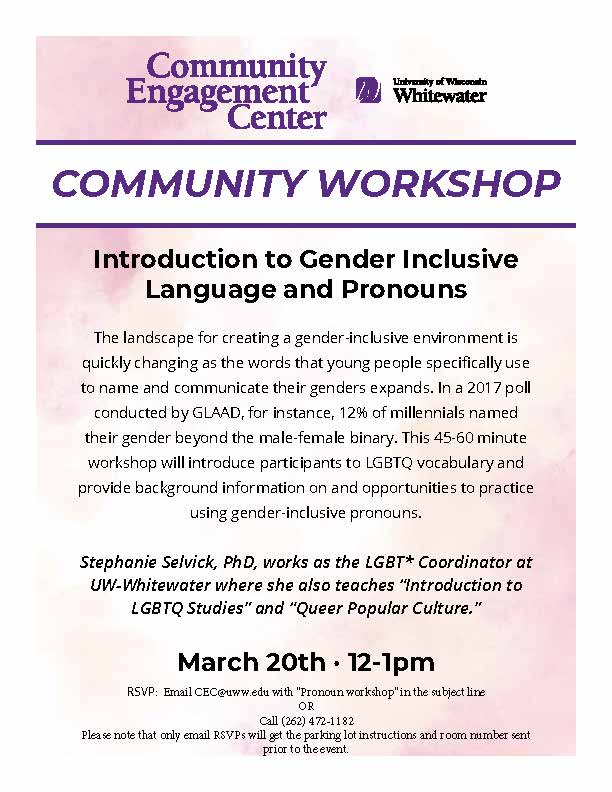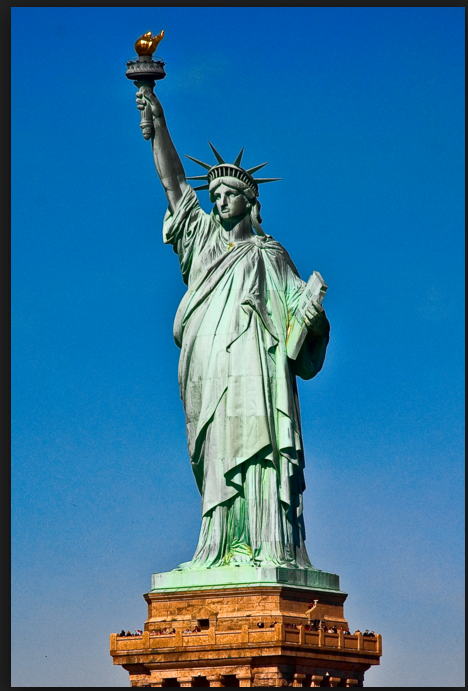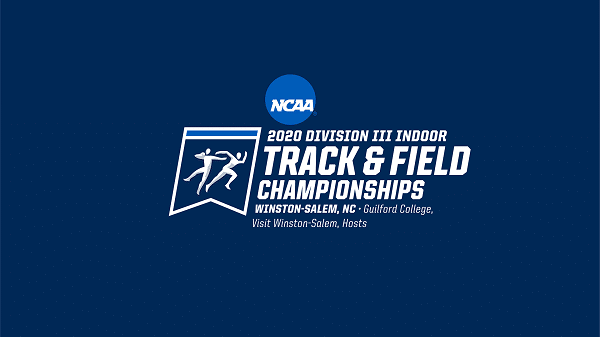
Kailey Reynolds, a native of Whitewater, and graduate of Whitewater High School, is one of twelve members of the University of Wisconsin-Whitewater men’s and women’s track and field teams who will compete in ten events, including one relay team, at the NCAA Division III Indoor Championships Friday and Saturday, 3/12-13, at JDL Fast Track in Winston-Salem, N.C.
Eight Warhawk men have qualified in seven individual events, and the distance medley relay team earned one of the race’s twelve slots. Two women qualified in two individual events.
Junior Shelby Nickels (Manitowoc, Wis./Lincoln) will compete for the second time at the NCAA Indoor Championships in the long jump. She enters the weekend with the 16th-best distance, an 18-06.00 (5.64 meters) from her championship performance at the Wisconsin Intercollegiate Athletic Conference Championships.
Sophomore Kailey Reynolds (Whitewater, Wis./Whitewater) qualified 16th in the 60-meter dash with her personal-record time of 7.73 seconds. The WIAC runner-up is a first-time national qualifier.
For the men, seniors Zach Jasinski (Sussex, Wis./Hamilton) and Adam Schommer (Freedom, Wis./Freedom) will compete in the pole vault for the second straight year. Jasinski finished as runner-up at the 2019 indoor meet before winning the national title in the event during the outdoor meet. He owns a season-best height of 16-06.00 (5.03 meters), the second-best among qualifiers. After placing 16th at the NCAA Indoor Championships, Schommer earned a spot on the All-America podium at the Outdoor Championships in 2019 with an eighth-place finish. He enters the weekend with a career-best 15-10.50 (4.84 meters), good for the No. 11 seed.
Other men’s field qualifiers include junior Daustin Martin (Jefferson, Wis./Jefferson) in the weight throw and junior Thomas Kelly (Brown Deer, Wis./Brown Deer) in the long jump. Martin achieved his personal record Friday at Carthage with a toss of 60-03.25 (18.37 meters), good for ninth in the nation. Kelly picked up a qualifying spot in the long jump with the No. 18 mark of 23-02.75 (7.08 meters). Both are first-time national qualifiers.
On the track, juniors David Fassbender (Slinger, Wis./Slinger) and Brian Kuehl (Geneva, Ill./Geneva) comprise one-half of the team’s distance medley relay and are entered into one individual event apiece. Fassbender will run the 1,600-meter leg of the DMR as well as the 5,000-meter run. He ranks third in the nation in the 5K with his career-best time of 14:26.33, and is now a three-time national qualifier in individual distance events. Kuehl earned his first bid to the NCAA Indoor Championship with a 1:53.65 in the 800-meter run, good for 17th overall. He will also run the 800-meter leg of the DMR.
Senior Clinten Woerishofer (Appleton, Wis./North) and freshman Will Kaashagen (Cambridge, Wis./Cambridge) complete the DMR and will run the 1,200-meter and 400-meter legs, respectively. The group enters with a top time of 10:05.33.
Senior Alex Duff (Oregon, Wis./Oregon), a five-time All-American, seeks his third straight All-America medal in the 60-meter hurdles. He ranks 17th in the field with his season-best time of 8.17 seconds. Duff also ran the 400-meter leg of the DMR during the season and is an alternative option in that role.
Junior Dwayne Ford (Racine, Wis./Case) enters the 60-meter dash as the No. 17 seed with a top time of 6.90 seconds. The first-time individual qualifier is a two-time All-American in the 4×100-meter relay, a race exclusive to the outdoor season.
For more than 150 years, UW-Whitewater has provided students with the education and training to begin their careers with a solid foundation behind them. The UW-Whitewater is committed to the development of the individual, the growth of personal and professional integrity and respect for diversity and global perspectives. These are met by providing academic and co-curricular programs that emphasize the pursuit of knowledge and understanding and a commitment to service within a safe and secure environment.







